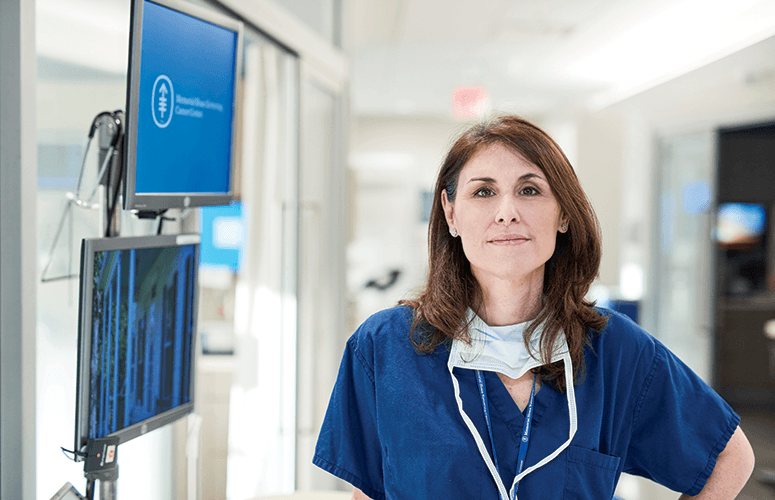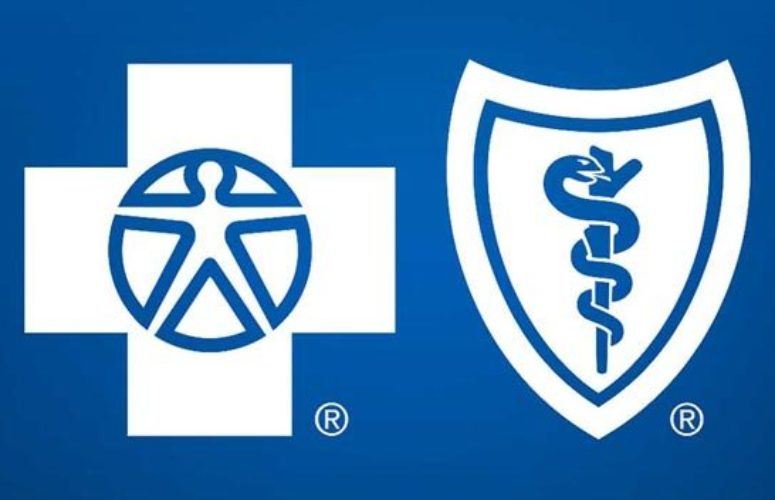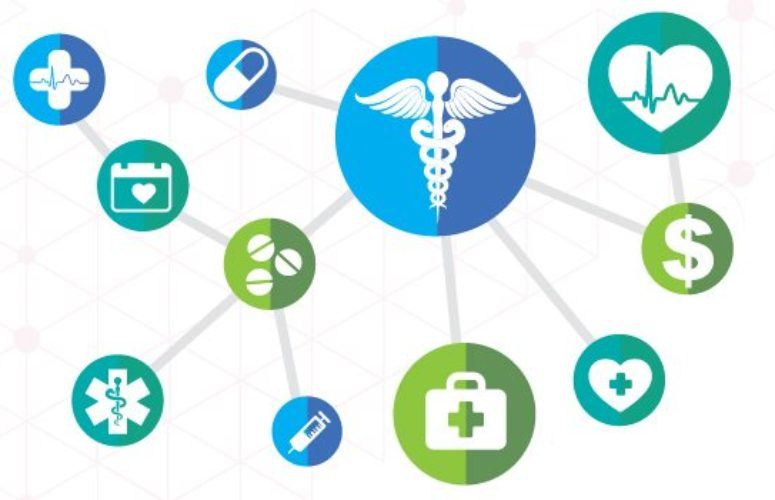
The Battle Against Breast Cancer
New Jersey hospitals are at the forefront in researching and treating an illness that affects hundreds of thousands of American women each year.
By Irene Maslowski, Contributing Writer On Oct 7, 2022In 2022, an estimated 287,850 women in the US will be diagnosed with invasive breast cancer, and one in eight will develop breast cancer in their lifetime, making it the most common cancer in American women. In recent years, incidence rates have increased by 0.5% per year, and currently there are more than 3.8 million breast cancer survivors in the US.
While breast cancer typically affects women, men are also susceptible to the disease. And although the most vulnerable population is women over the age of 50, the number of younger women being diagnosed is on the rise as well. Women of color, including Black and Brown women, are 72% more likely to be diagnosed with breast cancer before age 50, and women of Ashkenazi Jewish descent are also at a higher risk.
There are many factors that cause breast cancer, from genetics, age, obesity and lack of exercise to eating processed foods and red meat, and smoking and drinking alcohol. All have been linked to the disease, thus increasing the risk.
While the statistics are sobering and the number of cases has risen, so have the advances for diagnoses and treatment, allowing the rate of survival to steadily increase. Research, new technologies, treatments and post-diagnosis support programs, combined with progressive hospitals and the expertise of physicians, have all contributed to saving scores of lives over the past decades, preserving the quality of life.
New Jersey is fortunate in that it is home to several of the most advanced hospitals in the nation for the treatment of breast cancer, providing patients with many options of not only where to get treated, but to find the type of program that will work best for them.
“The first step in combating breast cancer is education,” comments Dr. Roshani Patel, medical director of breast surgery at the Jersey Shore University Medical Center at Hackensack Meridian Health. “Of all the research that has been conducted and the techniques that have been developed, early detection is the best way to fight the disease. Getting annual mammograms and examinations by your doctor can help to detect cancer early, and greatly reduce the amount of treatment and the outcome.”
When to start screening is controversial, and Patel notes that it is important to have a conversation with your physician and understand the pros and cons of breast imaging. Knowing family history and any risk factors for breast cancer can help doctors to tailor a screening plan that is appropriate for each individual.
Great advances have been made since mammograms were first introduced in the 1960s and were basically plain film as opposed to digital, which is being used today. “The earliest versions were one and sometimes two views. Today, 3-D imaging combines multiple X-rays to create a three-dimensional picture of the breast. This technology reduces callbacks and also has enabled us to catch cancers at earlier stages. In some patients who may be at elevated risk for breast cancer due to strong family history or a genetic predisposition, an MRI may be recommended,” Dr. Patel continues. This technology utilizes contrast to evaluate for lesions such as a small cancer that may have more blood flow or certain patterns of enhancement in the breast that may raise concern for breast cancer.
According to Dr. Eleonora Teplinsky, head of breast medical oncology at Valley Health System, “Treatment has moved to a more personalized level, and there is no longer a ‘one size fits all’ approach. Not every patient will require surgery, chemotherapy and radiation. In some cases, chemotherapy may even be avoided.” More targeted therapy and immunotherapy have also helped to manage and treat the disease, while new medications are being developed for early-stage breast cancer and to reduce the risk of cancer recurrence.
“Plastic reconstructive surgery has also changed to make the breast look more natural, and we’ve become better at managing the effects of chemotherapy,” Dr. Teplinsky continues. “Scalp cooling and cryotherapy using cooling socks and gloves have helped to reduce the risk of hair loss and neuropathy, respectfully. Support programs, such as the SHINE program at Valley, provide education on nutrition and exercise, and provide camaraderie with other survivors and thrivers.”
Memorial Sloan Kettering Cancer Center’s locations in New Jersey offer patients who may be at high risk an opportunity to participate in the RISE Program (Risk Assessment, Imaging, Surveillance, and Education). Medical experts take into account a combination of factors to determine if a patient is at increased breast cancer risk and if so, then shape a long-term customized surveillance plan.
Some people think of breast cancer as one disease, but there are actually many different types of breast cancer,” comments MSK breast surgeon, Dr. Laurie Kierstein. “We can figure out what kind of breast cancer a woman has by looking under a microscope, which helps to determine the recommendation for treatment. Making the proper assessment can be crucial to the patient’s outcome. The good news is that we are able to take an individualized approach to each patient and their treatment.”
Rutgers Cancer Institute of New Jersey (RCINJ) is the state’s leading cancer center and only National Cancer-Institute designated Comprehensive Cancer Center. In partnership with RWJBarnabas Health, it is on the forefront of research through clinical trials.
“It’s an exciting time,” comments Mridula George, MD, medical oncologist at the Stacy Goldstein Breast Cancer Center at RCINJ. “Our research with genomics, the study of an individual’s DNA, have helped us to determine what type of chemotherapy might be needed and who needs it as opposed to 20 or 30 years ago when it was given to everyone. Through oncolytics, we are able to research the effect that certain viruses could actually offer in the fight against breast cancer. We’ve made great strides in battling breast cancer over these past few decades, which has allowed survivors to return to their everyday lives.”
Treatment doesn’t end with surgery or medication, and support is an important and critical factor in mental well-being while going through the process. “My advice to patients is to depend on your medical team,” Dr. George adds. “The majority of patients do very well when they follow their treatment plan and receive the proper support.”
To access more business news, visit NJB News Now.
Related Articles:





